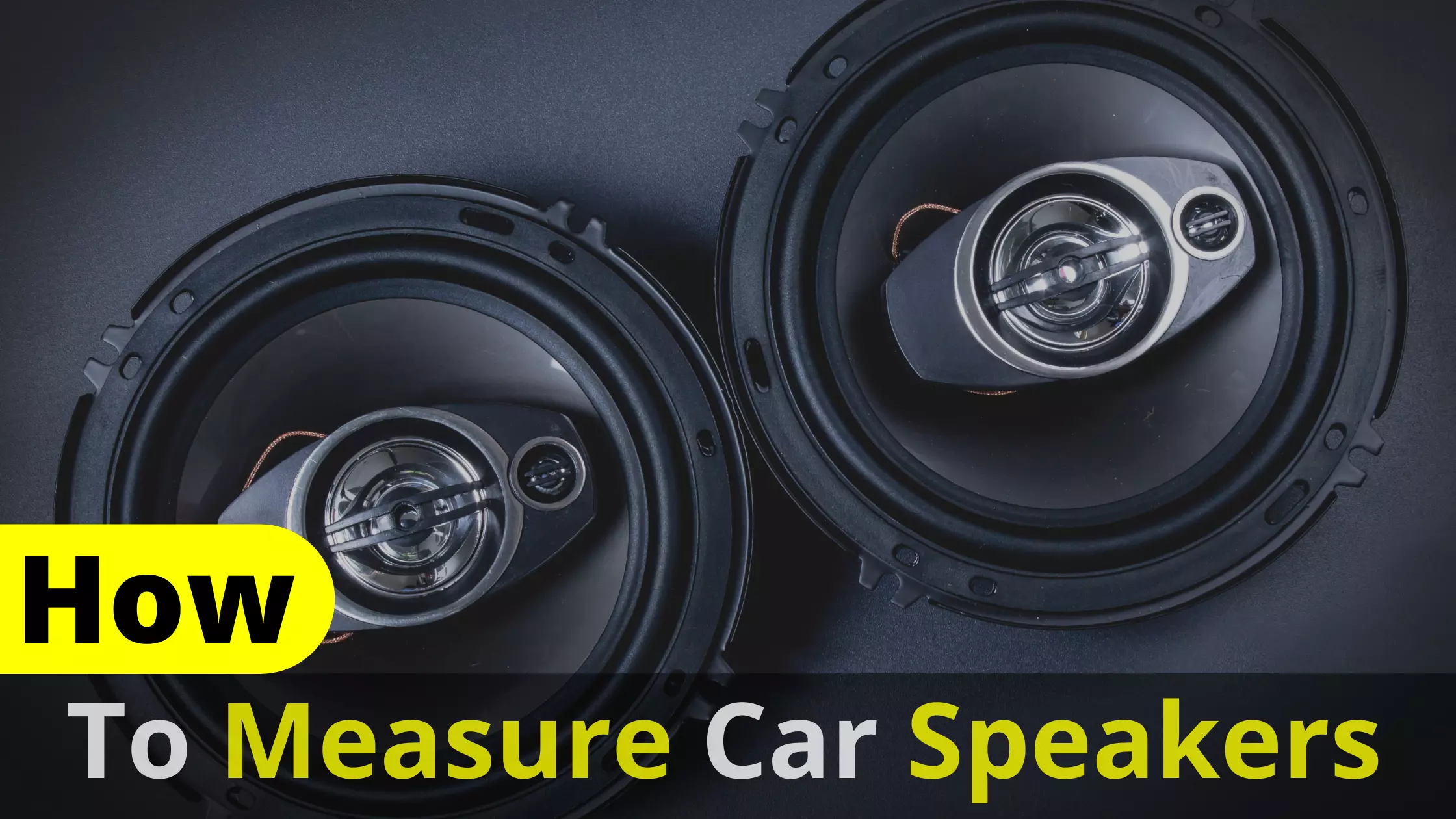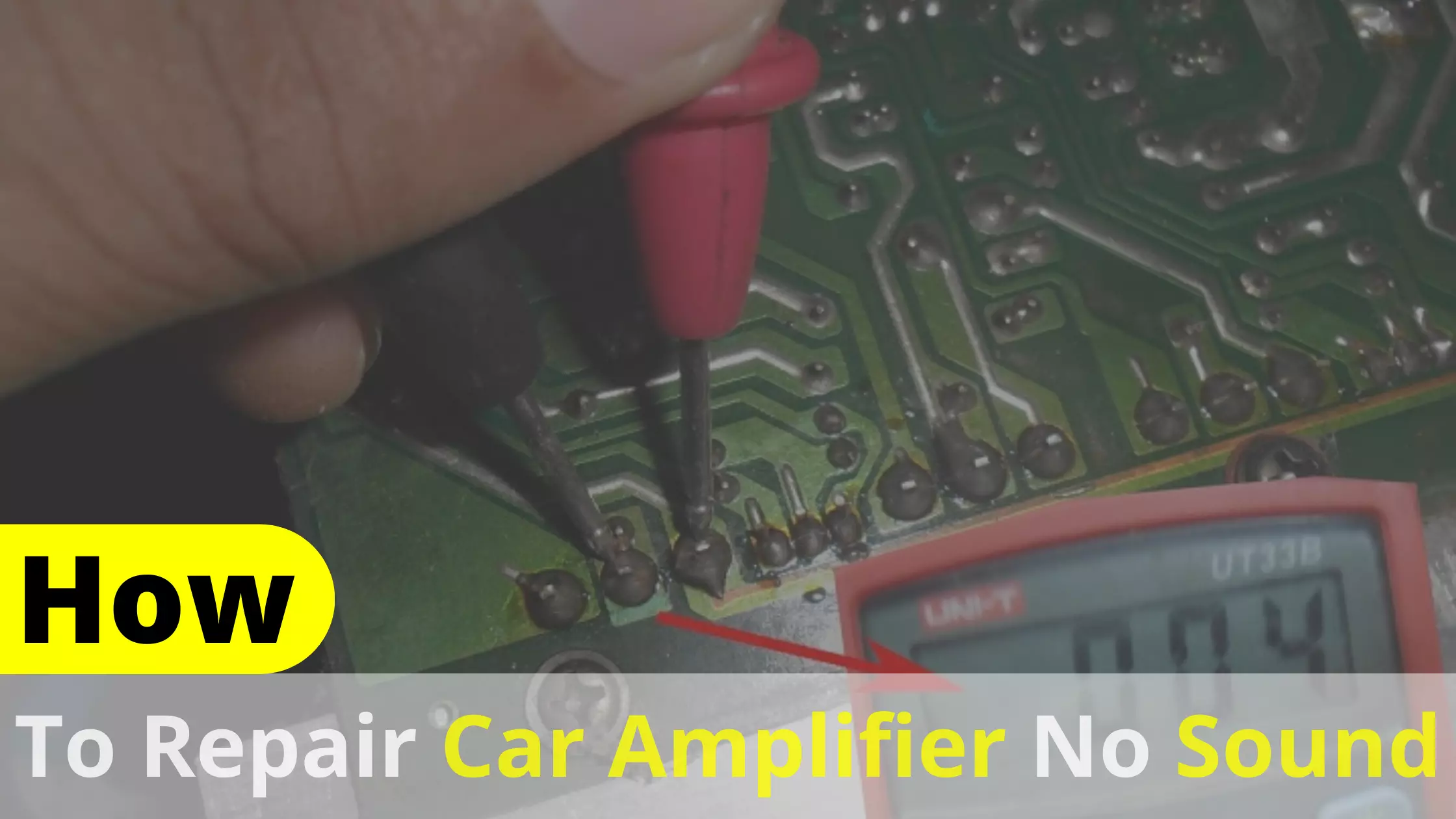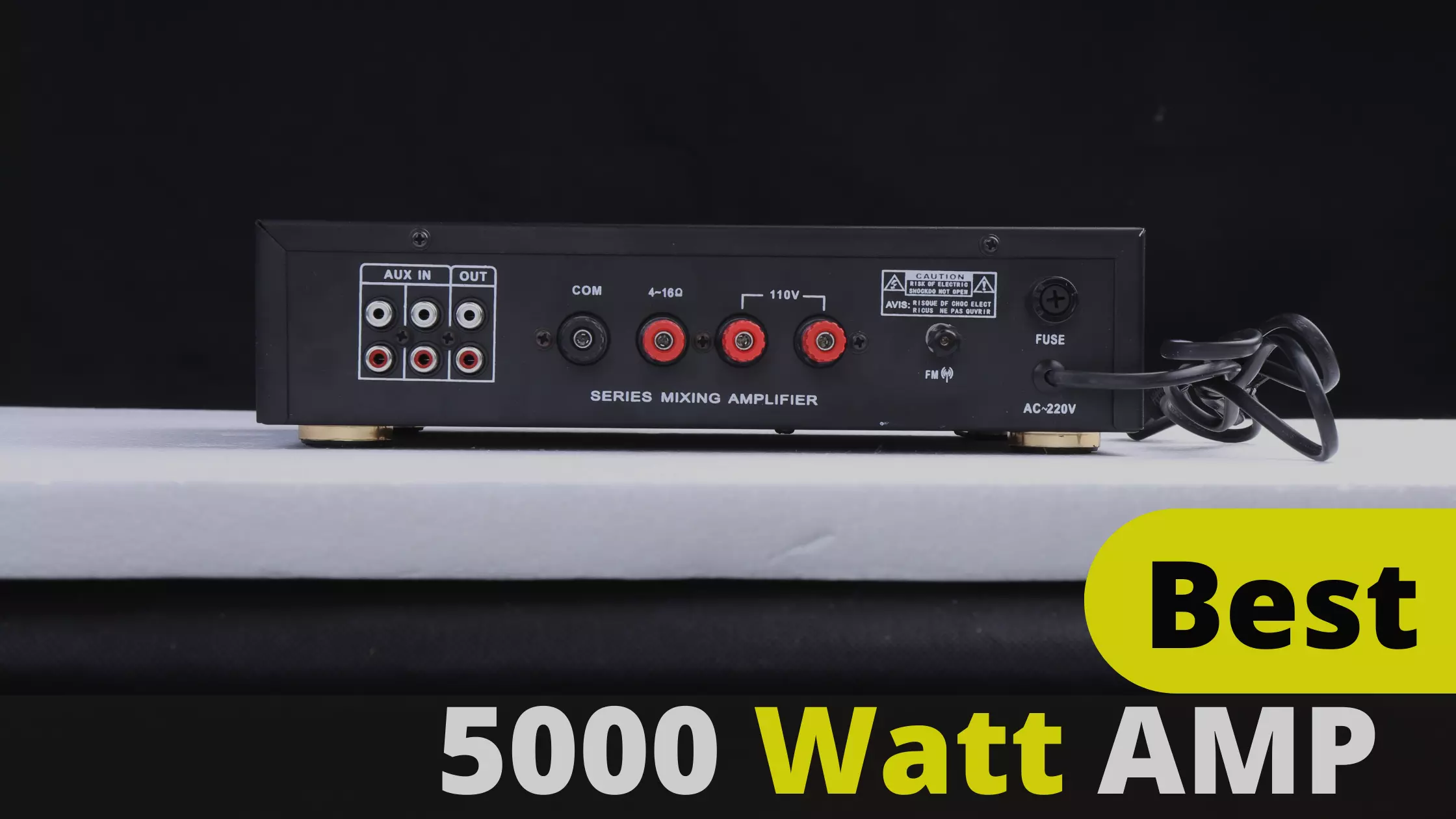How many watts is good for speakers? This is a question that a lot of people have, and it’s not always an easy question to answer. In this blog post, we’re going to take a look at how many watts you need for your speakers and what factors you need to consider when making your decision. Stay tuned!
What Wattage Is Good For Speakers?
Before we get into how many watts speakers need, lets take a quick look at what wattage actually is and does.
A watt is a unit that measures power . This means that it tells you the amount of power that is used or generated by an object. If you have an amplifier with 100 watts rms output, then all it means is that it has the ability to provide 100 watts rms output.
How To Measure The Wattage Of Your Speaker?
There are a few ways to measure the wattage of your speakers. The most common way is by measuring them with an AC volt meter. You simply connect the positive and negative leads from the amp to your speaker, and then check the voltage on the speaker. This will give you a good idea as to whether or not it can handle RMS wattage.
The second, and slightly more accurate way is by measuring the power of your speakers with a digital watt meter (also known as a PLC). This can give you an even better idea of how much wattage your speaker can handle.
The Difference Between Rms And Peak Wattage:
When you’re looking at the wattage of your speaker, it’s important that you know whether or not the manufacturer is talking about RMS watts or peak watts.
RMS (Root Mean Square) watts are often referred to as clean power . That means they just take the continuous output of the amplifier and convert it to a lower number.
Peak watts are the power that is used only for brief periods of time. These come up when you’re playing your music loud and often this is enough to damage your speakers. Thats why its important to ensure that your speakers can handle RMS wattage instead of just peak watts.
Tips For Choosing The Right Wattage For Your Speakers:
Now that you know what wattage is and how it affects your speakers, lets take a look at some tips for choosing the right wattage.
If the manufacturer doesn’t say anything about RMS or peak watts, then assume they are talking about peak watts. This will give you an idea of whether or not the speaker can handle the power of your amp.
Don’t worry about the number on the back of your speakers. This is usually a peak wattage rating and doesn’t mean much unless it has been specifically stated that its an RMS rating as well.
If you have a low powered amp, then try pairing it with a speaker that can handle higher power. This is because you can limit the amount of power your speaker takes in by limiting the wattage of your amp.
If you have a high powered amp, then try pairing it with a speaker that can handle lower power. Doing this will ensure that they don’t take too much power and end up damaging themselves.
Factors You Need To Consider:
Size Of The Room:
One of the most important factors is the size of the room. There’s no point in having a 50 watt per channel amplifier driving your speakers if you are listening to them at home alone after midnight. Having said that, if you are looking for an amp with similar watts per channel ratings, then check out this article here .
Being Realistic:
You have to be realistic about how loud you want your music, or you might end up with an amp that is more than what you need. There’s nothing wrong with having a beefy amplifier; however, there are some downsides to it as well. For one thing, they won’t last as long and will be less efficient.
Number Of People In The Room:
Another important factor to take into consideration is the number of people in the room. If you are just listening by yourself, then it is probably safe to assume that you won’t be cranking the volume up all the way. However,
if you have a family or friends with you, then it might be best to get an amp that has a little bit more power. An average number of people that you might be listening with would be somewhere between 5-8.
Size and Wattage:
This one isn’t as important, but if you can find a speaker where the manufacturer has listed how many watts it will handle, then it is probably a good idea to go for something that has a similar wattage.
Sound Pressure Level:
This one is pretty important, especially if you are comparing two or more amps. Generally speaking, the higher the sound pressure level number is for an amp, the louder it will be able to push your speakers at their peak volume levels. The same rule applies when comparing amps with speakers that have different wattage ratings.
Room Acoustics:
This is another factor that you need to take into account when buying an amp for your speakers. If you are planning on having some extra bass (for example, if you like hip-hop or anything with lots of sub-bass), then it would be a good idea to get an amp that is able to push at least 100 watts RMS, if not more.
Types Of Music You Want To Listen To:
This is another factor that you need to take into account when choosing an amp for your speakers. If you are planning on listening to mostly hip-hop, then it would be a good idea to go with something in the 100 watt range, while someone who wants to listen mainly to pop or rock might want to stick with something around 25 watts per channel or less.
Purposes For Which You Will Use The Speakers:
If you plan on using your speakers for things other than just listening to music, then it might be a good idea to get an amp that is capable of powering at least 100 watts RMS. This will ensure that the amplifier won’t overheat or shut down when pushing those extra watts.
Your Budget:
Budget is always a factor when it comes to buying anything, so specific wattage ratings for speakers wouldn’t be the only thing you would have to consider. Other things that often come into play are where you plan on putting your speakers and whether or not they will be used outdoors or indoors.
Recommendations:
If you are just getting started, then it is probably best to start with an amp that has somewhere between 30 watts per channel or less, which would be more than enough for the average person listening at home alone after midnight. More advanced users might want to look at something in 100-200 watt range, depending on the size of the room.
Final Thoughts:
Always remember that having a low-powered amp is perfectly fine as long as you don’t plan on playing your speakers at volumes where they will be straining. In fact, low powered amps tend to sound better for most types of music. The only time that you would really want to have a more powerful amp is if you are listening in larger rooms, or when having lots of people over.






